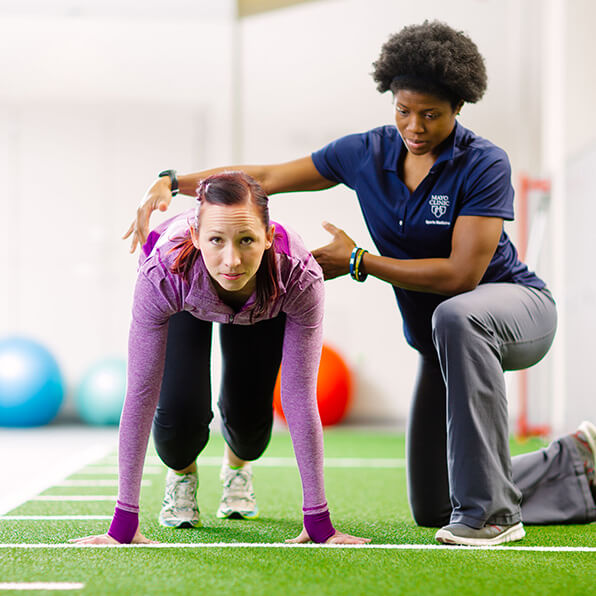The Impact of Sports Rehab on Accelerating Trauma Healing and Enhancing Sporting Performance
Wiki Article
Sports rehabilitation plays a vital role in helping athletes recover from traumas and improve their overall capability. When sportspeople get hurt, it can be disheartening and discouraging. However, with the right recovery program, they can come back to their sport more robust and more prepared than previously. Athletic rehabilitation focuses on specific workouts and treatments that address the injured area, aiding to reduce pain and regain function. This process not only aids in healing but also enhances sports performance by tackling any weaknesses or discrepancies that may have contributed to the injury.
One of the key components of athletic recovery is the assessment of the injury. A trained professional, such as a physical therapist or athletic trainer, evaluates the athlete's condition to determine the best path of treatment. This assessment includes understanding the type of injury, its extent, and how it impacts the sportsperson's capability to compete. By collecting this data, the rehabilitation specialist can develop a personalized treatment plan that includes exercises, stretches, and modalities like ice or warmth therapy. This tailored approach ensures that the sportsperson receives the best care for their specific needs.
As sportspeople advance through their rehabilitation, they often engage in various workouts designed to fortify the injured area. These exercises may include resistance training, flexibility work, and stability training. Strengthening the muscles around the trauma assists to stabilize the articulation and prevent view it future injuries. Additionally, improving range of motion can improve the range of motion, allowing athletes to execute more effectively in their activity. Stability training is also essential, as it helps sportspeople maintain stability and control, which are vital for optimal capability.

Another important aspect of sports recovery is learning. Sportspeople learn about their injuries, the recovery procedure, and how to avoid subsequent issues. This understanding empowers them to take an active role in their recovery. Understanding the significance of appropriate warm-up and cool-down practices, as well as the importance of listening to their bodies, can assist sportspeople avoid re-injury. Furthermore, rehabilitation specialists often provide advice on diet and hydration, which are crucial for healing and overall athletic capability.
In summary, sports rehabilitation is crucial for sportspeople recovering from traumas and striving to improve their performance. Through personalized evaluation and treatment plans, athletes can recover strength, flexibility, and stability. The learning provided during rehabilitation enables sportspeople to take charge of their rehabilitation and avoid subsequent traumas. By committing effort and energy into sports recovery, sportspeople not only heal but also improve their abilities, making them better prepared in their individual sports.